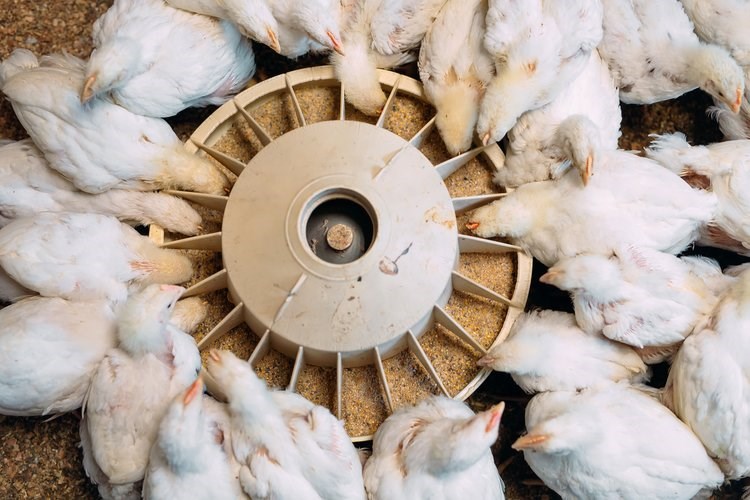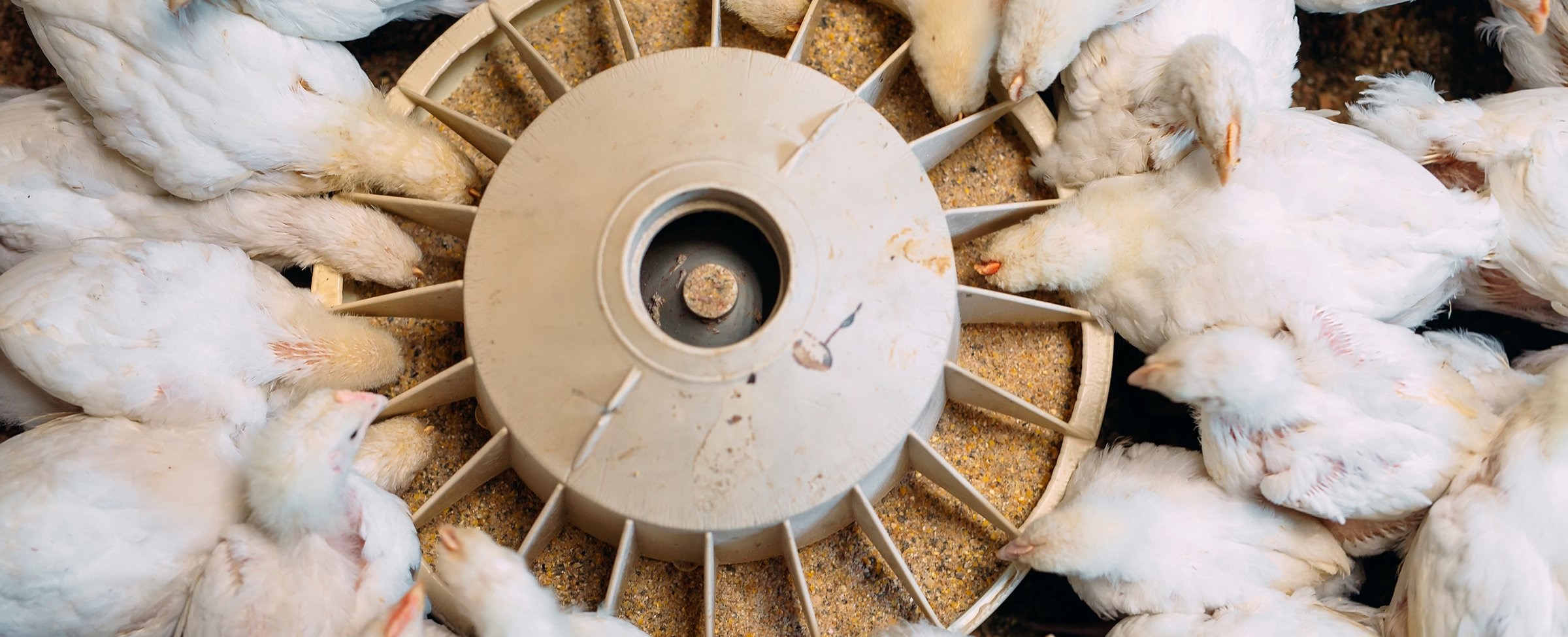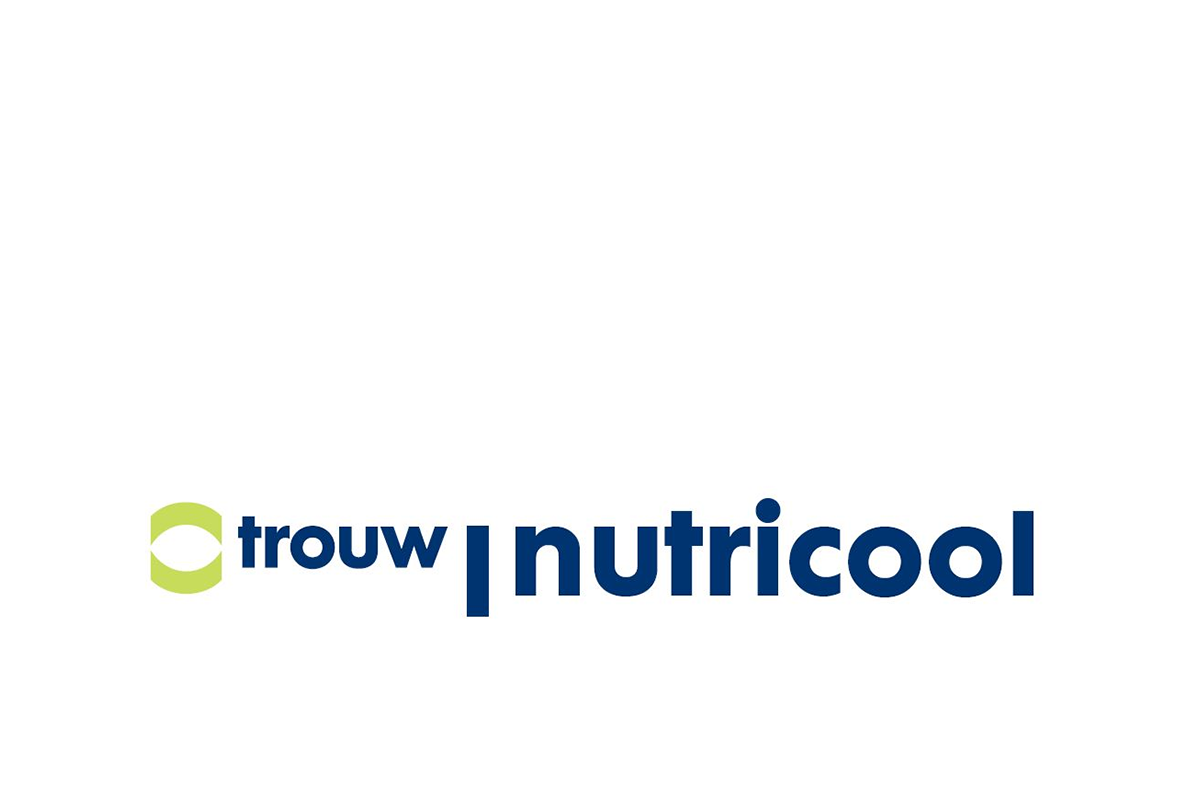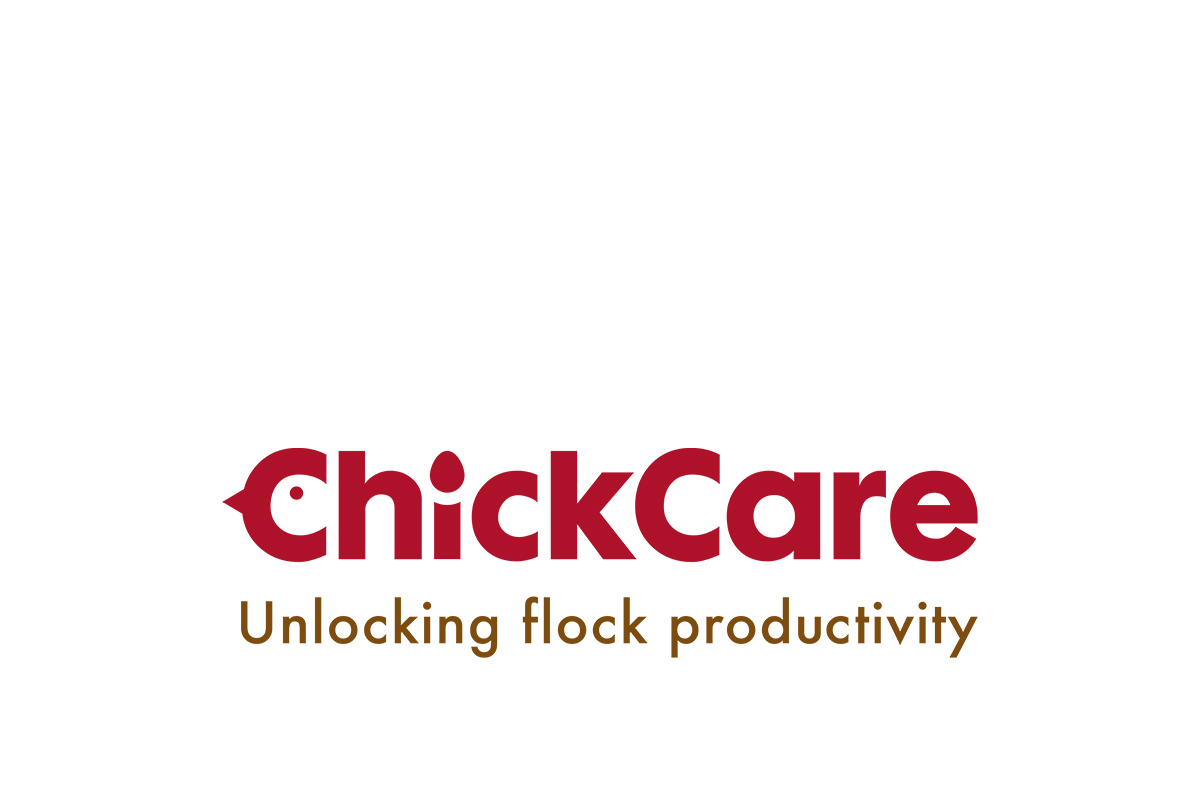
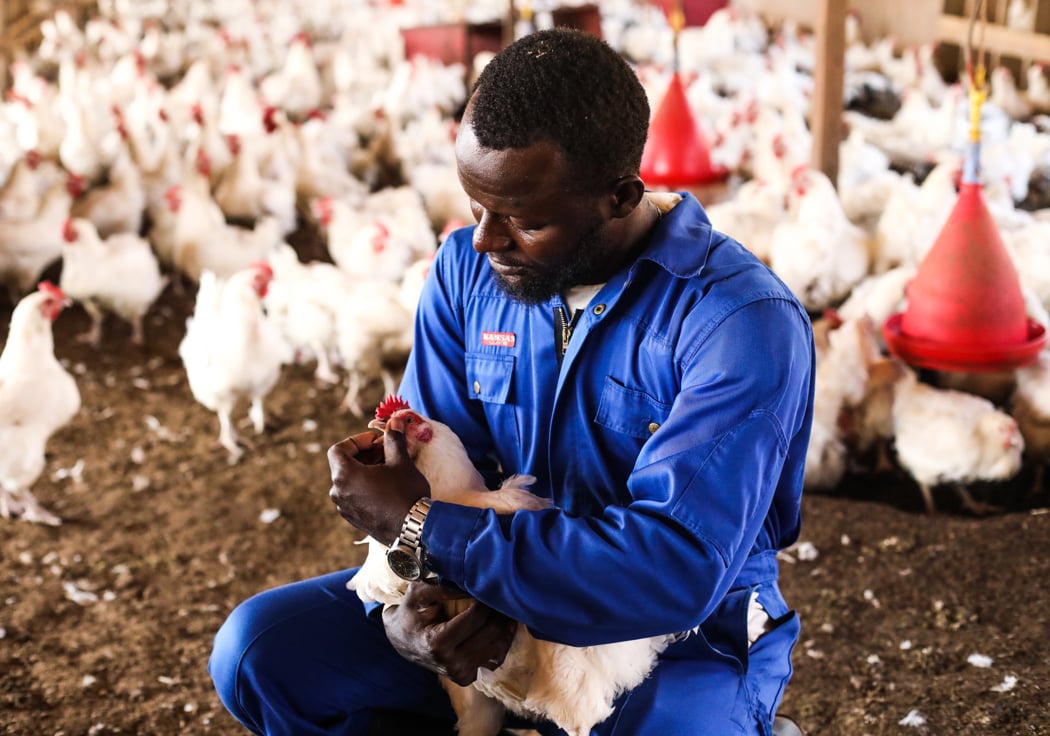
Feed Efficiency
Thanks to great advances in broiler genetics, growth rate and feed efficiency are improved highly when compared to 25 years ago. The rapid growth in demand for broiler meat, increase in feed prices and more consumer awareness to environmental challenges has urged farmers to produce broilers that grow fast while using their nutrients in a most efficient way.
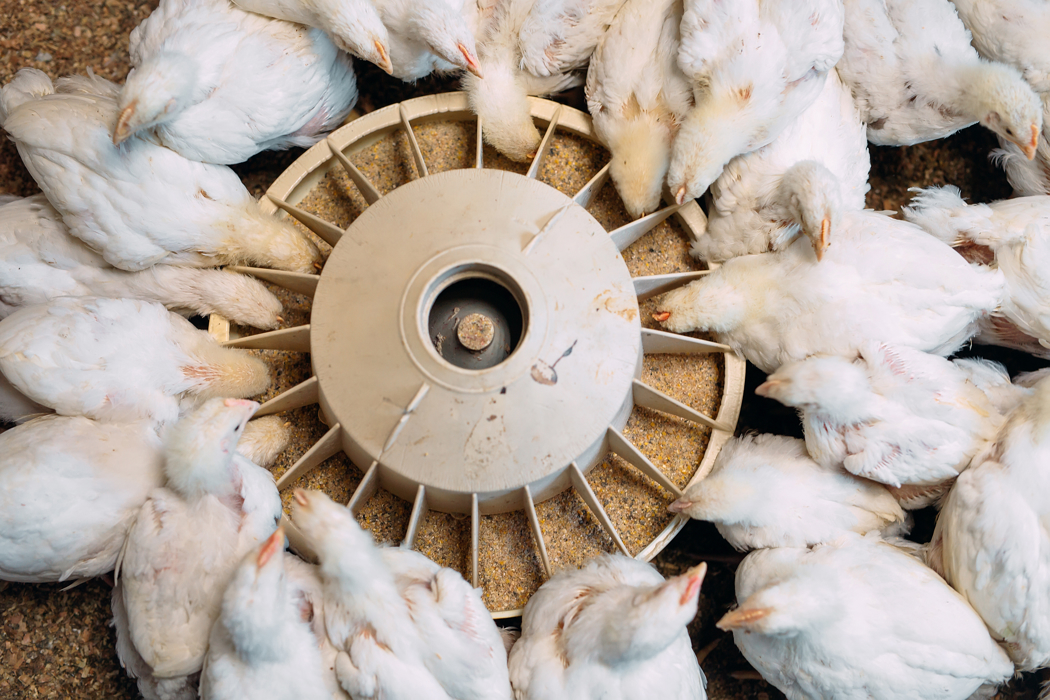
Improving growth and uniformity
Modern broilers need only a few weeks to grow from chick to slaughter weight. This rapid growth in broiler flocks can result in a lack of uniformity, leading to large variation in body weight at slaughter. Variation in the weight of the same flock starts from their brooding and thereby gender differences play a key role (males grow faster than females). Best uniformity in broiler flocks can be achieved with good brooding conditions and sound management practices.
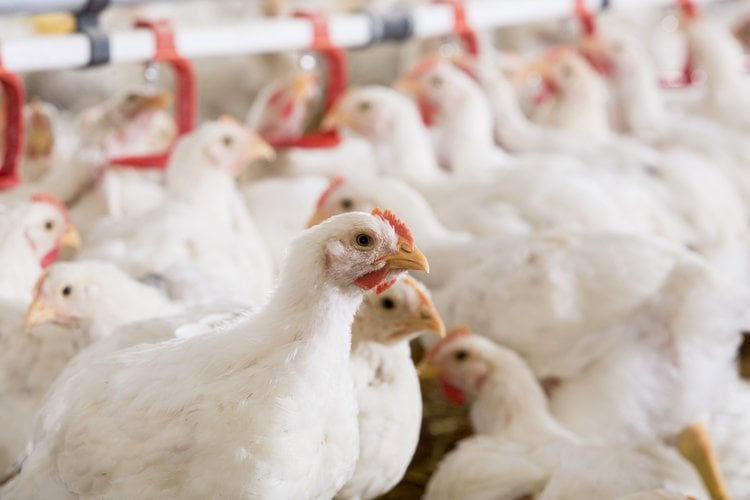
Reducing heat stress in broilers
Clinical signs of heat stress include a drop in production parameters (ADFI, ADG, FCR) combined with (extended) periods of elevated ambient temperatures and high humidity. This negatively affects the animal’s well-being and production. Heat stress results from a negative balance between the net amount of energy flowing from the animal to its environment and the amount of heat energy produced by the animal.
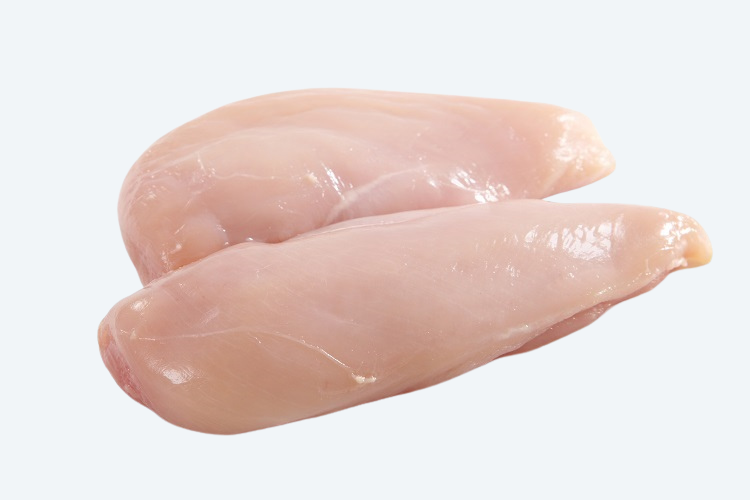
Ensuring quality carcass and meat in broilers
Good broiler carcass and meat quality starts with a healthy chicken, nourished to support optimal growth. Genetic selection also plays an important role in determining carcass and meat traits.
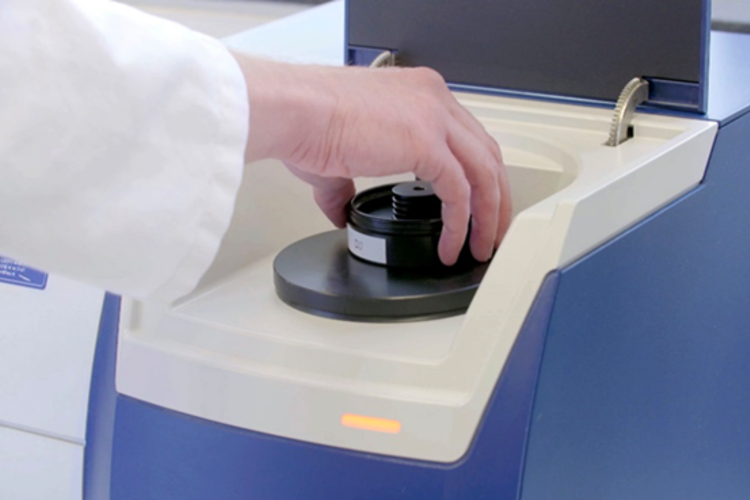
Improving broiler performance without increasing costs
Poultry farmers and broiler integrators are constantly looking for ways to increase efficiency and performance while simultaneously reducing production costs. Important is attention to proper biosecurity practices and a focus on all aspects that directly affect the bird’s performance and health, including staff training, brooding management, water and litter management and farm hygiene measures. To help support this, we recommend a pre-starter feed in the first four days after hatching to support early development and deliver birds with the highest possible weight and the lowest cost per kilogram at the end of the production cycle.
Research indicates that a substantial part of the energy an animal consumes can be lost to coping processes outside of maintenance. Its ability to digest protein decreases when the animal’s health is compromised.
